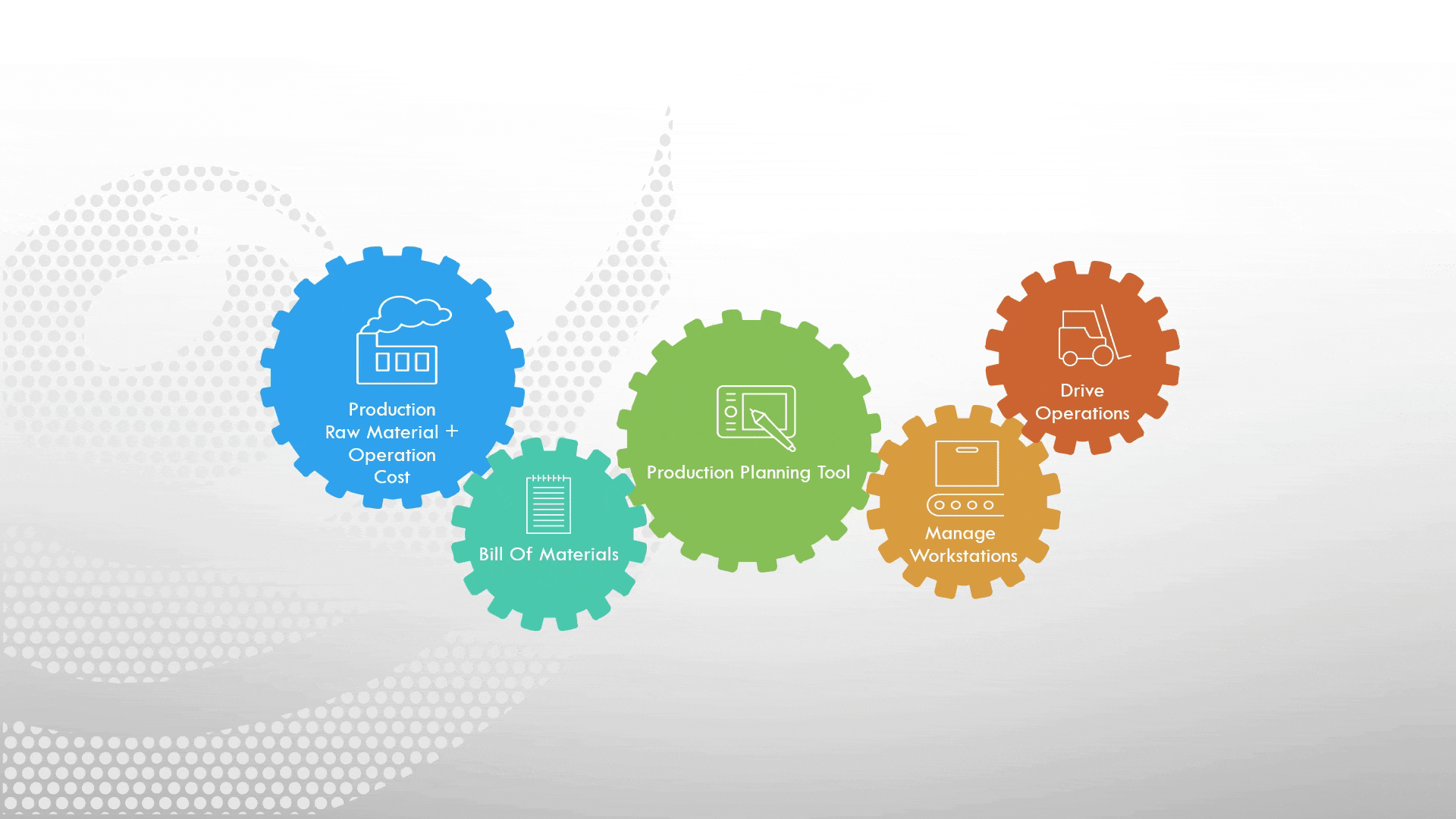Using ERP in Trading Commodities

Systems for enterprise resource planning, or ERP, have long been essential to operations management across a range of businesses. A ERP Software designed specifically for commodity management can revolutionize how companies handle trading in sectors such as metals, agriculture, and energy. In this highly volatile industry, ERP for commodity enables businesses to streamline processes, mitigate risks, and enhance overall profitability.
Commodity ERP: What Is It?
A commodity trading ERP system is a purpose-built platform designed specifically for organizations engaged in the trading, buying, selling, or storage of commodities. Unlike generic ERP platforms, ERP for commodity includes features that address price fluctuations, inventory tracking, logistics coordination, and ever-evolving compliance needs. These systems integrate financial control, transaction visibility, and real-time analytics tailored for the commodity sector.
Specific Requirements for Trading Commodities
Commodity trading is marked by its fast-paced nature, regulatory shifts, and financial volatility. To operate efficiently, businesses require robust ERP for commodity management that not only handles logistics and inventories but also delivers real-time insights and effective risk management to drive smarter decision-making.
1. Integration Across Operations
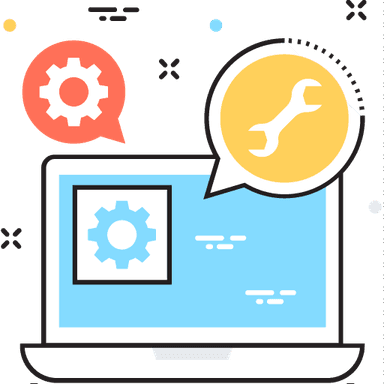
With ERP for commodity, traders gain a unified platform that connects operations across different departments and locations. This integration ensures real-time visibility into inventory, finances, and logistics, enabling commodity trading companies to operate more cohesively and respond swiftly to market changes.
2. Risk Management

ERP for commodity management provides powerful risk management tools to help traders deal with price volatility, currency fluctuations, and geopolitical events. With predictive analytics and real-time alerts, businesses can proactively adjust their trading strategies to minimize exposure.
3. Regulatory Compliance
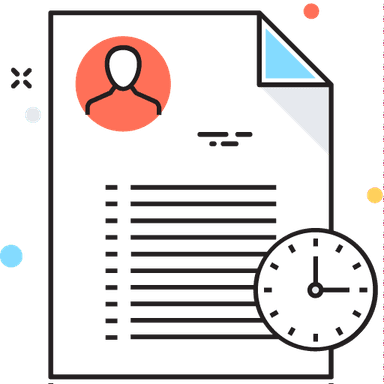
As international trade regulations frequently change, commodity trading ERP systems help companies stay compliant by automating documentation, tax rules, and audit trails. This minimizes legal risks and ensures transparency throughout the trading lifecycle.
4. Advanced Reporting and Analytics
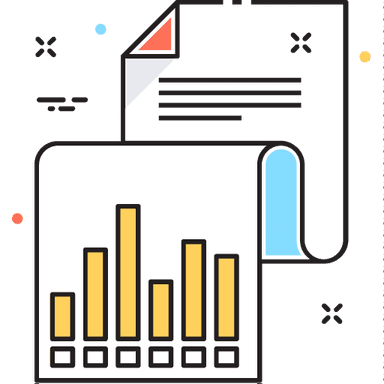
ERP for commodity trading enables data-driven strategies with real-time dashboards and customizable reports. These tools support forecasting, profitability analysis, and performance tracking essential for making informed and timely trading decisions.
5. Increased Efficiency and Cost Savings
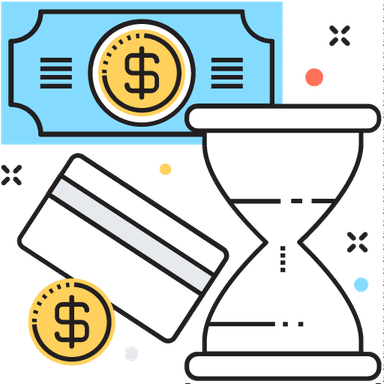
By automating routine tasks such as contract creation, logistics tracking, and customer invoicing, ERP for commodity reduces manual errors and increases operational speed delivering measurable savings and process efficiency.
Benefits of Commodity ERP Implementation
Conclusion
ERP for commodity management is transforming how trading companies operate by integrating all essential functions into a unified system. With real-time insights, compliance support, and operational automation, commodity trading ERP platforms enable businesses to stay agile and profitable in a competitive market. Choosing the right ERP for commodity is not just a technological upgrade—it’s a strategic move for sustainable growth.


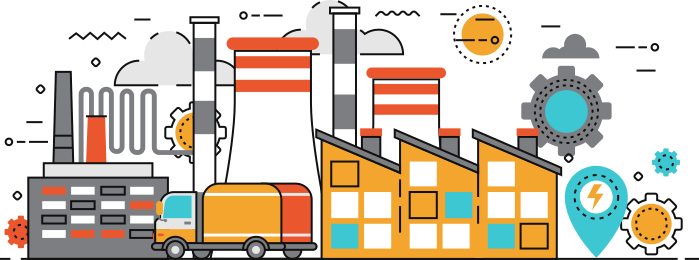
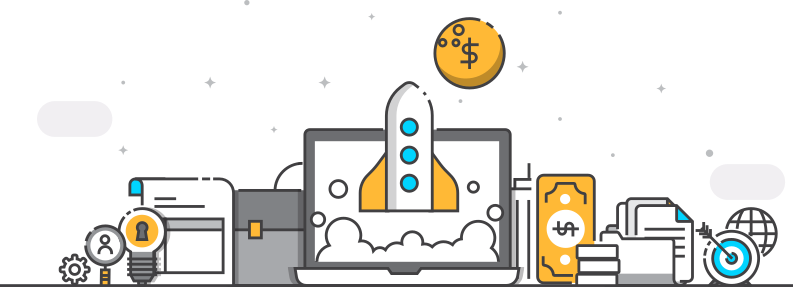
.webp)


